In his recent blog, Philip Webb, Founder and CEO of our partner organisation, Investors in Community talks about the meaning behind the term ‘social impact’ and how this is regarded and shaped within family businesses.
Phil says, “For the last two decades there has been a gradual shift in attitudes towards planet, people, and community.
Labels such as CSR (Corporate Social Responsibility), ESG (Environmental Social & Governance) and many others describe the actions and intent of a growing number of people and businesses towards a better future.
In the last five years an acceleration of efforts and initiatives have grown to show how personal values may be played out in businesses the world over.
Growing pressures from customers, supply chains, governments and action groups has meant that businesses can no longer sidestep or ignore the calls for reform, and to integrate their operations with the social values that drive individuals’ behaviours, all communities, and whole economies.
The measurement of this shift is denoted by something we refer to as SOCIAL IMPACT – the effect that our businesses have on the world around us and it is being continually assessed now, by our customers, our employees, and our stakeholders.
For family-owned businesses, this is not a new concept. Many owners of family firms operate their businesses in a way that is aligned to their own family values in some way, engaging with the communities around them. Often however, family businesses do not recognise these efforts or the value and support they give in the formal sense described above, or are able to articulate these in a structured way.
For many family-owned business, the financial decision-making and control is focused through a small number of family members, which can facilitate making ‘values-based’ decisions to “give back”, “pay forwards” or “do the right thing”. Frequently family members will share similar outlooks, views and even personal causes, negating the need for prolonged discussions around strategy and approach.
Increasingly, it will be important for family businesses to identify and understand the changing values of their customers in relation to social impact, and to recognise and champion their community and charity engagement and the positive social impact that this has. Doing so will almost certainly aid their long term business survival.
A recent Accenture report suggests that we are “now in the era of radical visibility, that places companies under the spotlight like never before, as they struggle for competitive advantage in the post COVID-19 era”.
All family businesses are facing a simple choice when it comes to their values. They can either continue in the ways of old and see if they can “ride it out” or adapt, adopt, and accelerate a new way to present the values of their family business by the measurement of the impact delivered to their customers, communities, and the environment.
Facing a Tsunami, it is often better to locate to higher ground and build on new foundations, rather than sit back and hope this is a passing wave.”
To learn more, contact The Family Business Network at team@fambiznet.co.uk or go direct to www.investorsincommunity.org





 Login
Login
